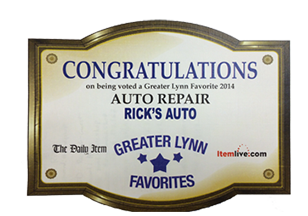 About a third of new cars are leased instead of purchased outright every year. This statistic isn’t surprising, considering that lease payments are generally lower than monthly payments for financing a new car.
About a third of new cars are leased instead of purchased outright every year. This statistic isn’t surprising, considering that lease payments are generally lower than monthly payments for financing a new car.
Every car on the road requires auto insurance, so let’s take a look at the rules for insuring a leased car.
Basics of Leasing and Car Insurance
Leased cars can be insured the same way as any other car, except that, like a financed car, there will be another party named as an insured party: the leasing company. The leasing company is still the owner, so they have an interest in your coverage.
You’ll have the same options as far as kinds of insurance, but you may want to consider a few things that you wouldn’t have to if you owned your vehicle outright.
Consider your Lease Agreement
What are your insurance obligations according to your lease? It may or may not have certain requirements. Consider what you might owe if something were to happen: what are your potential expenses?
Liability Coverage
U.S. auto insurance laws are set by state, but currently, every state requires liability coverage. This helps cover the other person’s expenses if you’re in an accident and cause injuries or property damage to someone else.
Uninsured or Underinsured Motorist Coverage
Uninsured and underinsured motorist coverage may also be required depending on where you live. If you’re injured or your property is damaged by someone who doesn’t have insurance or whose insurance doesn’t cover your bills, this can help you with your costs.
Collision Coverage
Your lease may require collision coverage to pay for repairs if you hit another vehicle or object while driving.
Comprehensive Coverage
Your lease may require comprehensive coverage to pay for repairs if your vehicle is damaged but not in a collision. Things like vandalism, a falling tree branch, or weather damage can be covered here.
What about Gap Insurance?
Leased vehicles may have a gap in basic insurance coverage. Sometimes this gap is covered as part of your lease, so make sure to check before you purchase it. If you total your leased car or it’s stolen, it’s considered a “total loss” and may not be covered.
A full coverage insurance policy generally covers the depreciated value of your car at the time of the loss. The depreciated value may be less than what you owe on the lease, in which case you’d still be responsible for the difference. Gap insurance covers the difference so you’re not left with the bill.
Minimum Coverage isn’t an Option
When you don’t own your car outright, you probably can’t get minimal coverage. Your lease agreement may require you to have full insurance, including comprehensive and collision coverage, in case your car is totaled.

